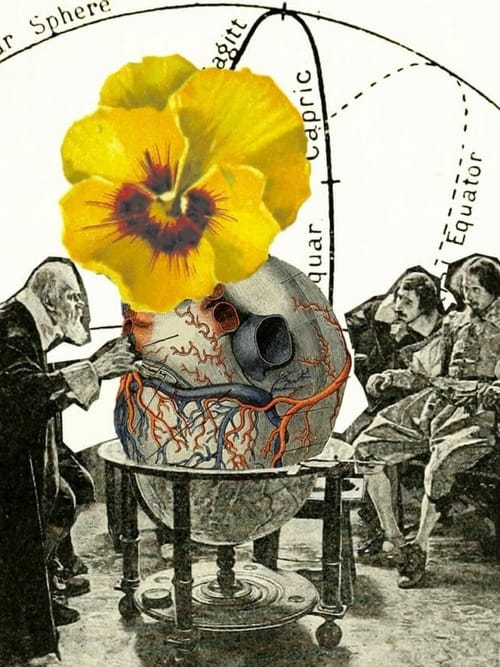It is difficult to believe spirituality and religion have been around for thousands of years—and there is no consensus on definitions of either.
Could traditional religion have come about as a result of, and as, avenues for spiritual awakening? There are around 4300 religions, with religious and spiritual journeys as personal and diverse as the 7.9 billion people on the planet.
Religions are socio-cultural practices to develop our relationship with the Divine and give meaning to life. Traditionally, spirituality was a religious process to lead us back to God, but in modern times spirituality refers to an experience of the Sacred, God, Presence, Source, or Higher Power, within or outside of organized religion.
“Religion helps us create a space for God, but it is through spirituality that we are able to find God inside and outside of any defined spaces.”
—Toyin Omofoye
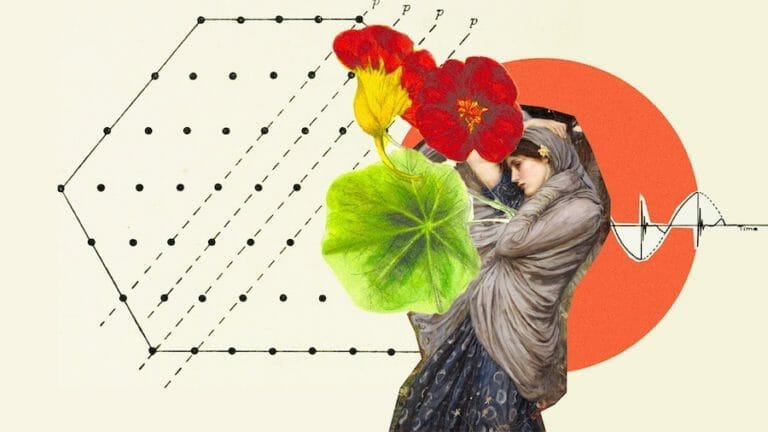
Where religious practice may be said to focus on doing, spiritual practice is focused on being as the intuitive experience of a deep heartfelt energetic connection and unity in presence – an experience of infinite love.
“Spiritual but not religious” is a catchphrase used by a spiritual person who does not consider organized religion as the sole or most valuable means of furthering spiritual growth.
Nontheists like atheists do not believe in the existence of god or gods. Nontheists may not explicitly say there is no god, but rather they don’t believe there is a god. They may meditate and experience presence and unity but without the need to include god language, a god, or gods.
When you move from religion to spirituality, you will find that everyone is yours. Otherwise, religion divides people. In fact, within religions also, there are divisions. When you move to spirituality, not only do you unite within the religion, but also across religions.
—Sri Sri Ravi Shankar
Developing an inner-standing of spirituality
“Spirituality is not running away from the battlefield of life. Spirituality is blossoming every dimension of life with love, responsibility, equanimity, creativity, and compassion.”
—Amit Ray
In early Christian spirituality, leading a spiritual life was one orientated towards the teachings of Jesus Christ and the Holy Spirit. In modern times, spirituality is an experience of a deep heartfelt energetic connection and unity, with the Sacred or Divine Presence we often call God. Religious belief in God does not make someone spiritual, and not all spiritual people believe in God.
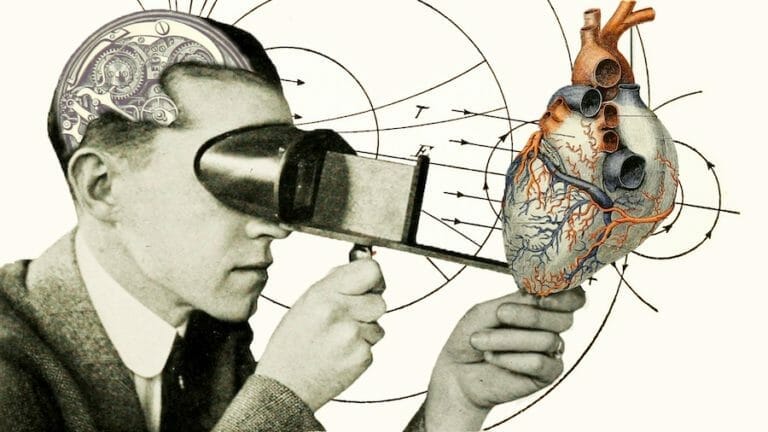
Take time to rest open-hearted in stillness. Focus on your breath or heartbeat, calm your mind, and surrender to resting in the spacious and infinite embrace of (God who is) Love. In stillness we realize Presence. Even in busy settings, it’s possible to move and experience our Being moment to a moment in Presence.
Living in heartful connection (Presence) recalibrates who we are, This is why some refer to it as reborn. New lives are birthed as we move and have our Being in God’s Presence. An underlying calm and peace can be felt, even in more difficult times, a peace that surpasses all understanding, and an intrinsic value and meaning to life—this is the whole-making journey of Love.
Examples of major spiritual awakening symptoms
- Open-hearted, centered connectedness, all is One (in and beyond space and time). What I do to myself, I do to the earth and others. What I do to the earth and others, I do to myself.
- Clarity of inner space and in dealing with self and others (intuition, synchronicities, wisdom, and discernment).
- Compassion, to be there for and with the “other.”
- A holistic approach to body, mind, and soul health, integrated with the health of the planet.
- Growing capacity to respond rather than react.
Have you experienced any of these spiritual awakening symptoms?
So, what does religion really mean?
“God’s love is too great to be confined to any one side of a conflict or to any one religion.”
-Archbishop Desmond Tutu
“In every religion there is love, yet love has no religion.”
-Rumi
Religion is a set of practices that are the groundwork for spirituality or experiencing God’s Presence.
Religion’s focused human doing can lead to the spiritual experience of human Being. Deepening attentiveness in religious practice, rituals, praise, chanting, reading religious texts, prayers, contemplation, and meditation, allows our ever multi-tasking minds to become more focussed and still—we transcend, communing in heart-open Divine Presence.
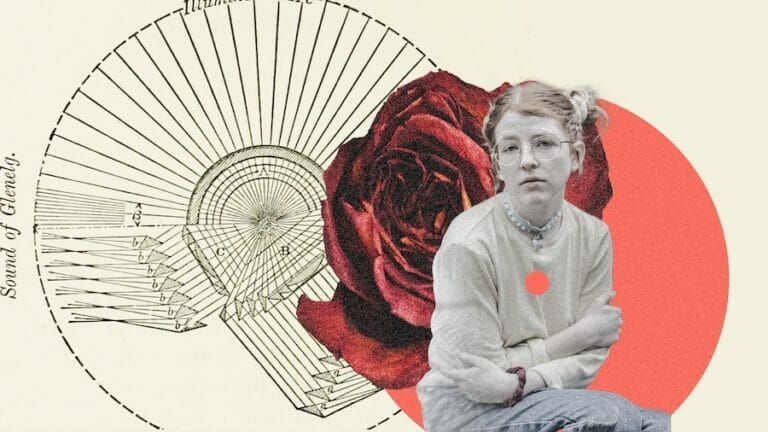
Not all people who practice religion, even those with strongly held religious beliefs, experience the spiritual.
“O ye that dwell on earth! The religion of God is for love and unity; make it not the cause of enmity or dissension.”
-Baháʼu’lláh
Religions are a human endeavor and while there are similarities, each emerges out of unique cultural and psychological realities and history (i.e. preserved sacred texts, symbols, and places). One of religions aims is to explain the origin of and give meaning to life. The surface differences matter to followers. Wars have been fought and countless slaughtered in the name of religions, even though each has central the central teaching— The Golden Rule, “Do unto others as you would have others do to you”
The Seven Dimensions of Religion namely ritual, experiential, mythological, doctrinal, ethical, institutional, and material, are a framework for exploring and understanding religion.
“More important than understanding what each religion teaches, or what a typical religious adherent believes or does, is to approach each individual as a fresh and unique example of lived religion—to expect and look for a vast universe of religions, grounded in human experience and complexity.”
—Luke Burns
Spirituality vs religion and the subtleties
Religious belief and spiritual belief shape how you think, experience, and respond to life. All people are spiritual to some degree, not all are religious, and many who are have yet to awaken to the heart-opening spiritual dimension.
A spiritual religious person will identify with Divine Presence as God, whereas a spiritual nonreligious person may experience a sense of connection in nature, and love and unity with family and friends, without the need to link this to a supreme being.
Religion can exist independently of people. This is not so for spirituality as a perpetual internal process, awareness, and transcendence.
The fruit of the Spirit is love, joy, peace, patience, kindness, generosity, faithfulness, gentleness, and self-control. Religious but not spiritual people attempt to practice the fruit of the Spirit, but it’s largely unachievable and unsustainable as it requires a change of heart, which is spiritual. (God’s) Love changes hearts. The fruit of the Spirit is a natural spiritual manifestation and by-product (as within, so without) for those heartfully centered in Presence or Love.

Religion is a wonderful means to explore and develop spirituality. Religion and spirituality become disconnected when religious practices become dogma and doctrines, and egos dominate. At this point, religions become forces for violence and oppression. We are called to ask, “Where is the Love?”
An encouraging observation, in recent decades students, not often associated with religion, are displaying spiritual development in their movement towards greater altruism, humanitarianism, and social conscience. With this comes more social, racial, ethnic, and political tolerance, greater support for the rights of individuals, gender equality, and being able to consider situations from beyond one’s perspective.
Are changes in religious participation and practice, and growing numbers of spiritual seekers, a reflection of pressures experienced globally—the need for a more heartful loving humanity? Through fear, anger, ego, and greed, humans are leaving a trail of pain and destruction.
Lives lived in open-hearted Presence are Love’s inspiring, healing and unifying work.
Religion, Spirituality and the New Age: Discernment is key
“Discernment is the ability to see things for what they really are and not for what you want them to be.”
– Unknown
The New Age is an alternative movement to Western individualistic separatist culture. It is controversial for reasons such as defining when this new period starts and ends, and how new the thinking is with aspects based on ancient teachings like Buddhism and Hinduism. Some of the factors defining this period are spirituality, mysticism, health, environmentalism, and holism (parts of a whole are in intimate interconnection, and understood in relation to the whole), and these impact what meaning we attribute to life.
Is it a human individualistic head-trip about “I, me and my”, or could it be about community and communing?
The Zulu word ubuntu means “I am because you are,” or ” a person is a person through other people.” Ubuntu is a concept of common humanity, you and me both, oneness.
In the Mayan tradition, the word In Lak’ech Ala K’in means “you are the other me” or “I am another yourself” and “I am you, and you are me.” Oneness with each other, the natural world, and beyond… with all that is.
The Golden Rule, as mentioned earlier, is found in every religious tradition, and is a reflection of this oneness. Those who are discerning realize there is more at stake than a mere call to be nice to people and the planet. We ignore this rule to our peril.
To be discerning is to have insight, to go beyond what is seen and heard, and judge well. The quality of our decisions hinges on the quality of our discernments. Discernment separates what’s important or true from what’s not. It is about awareness, understanding, and action. When you are present in this moment then true intelligence arises. When we’re not present, our minds are preoccupied and in the driving seat. Ego issues hijack our decisions and actions.
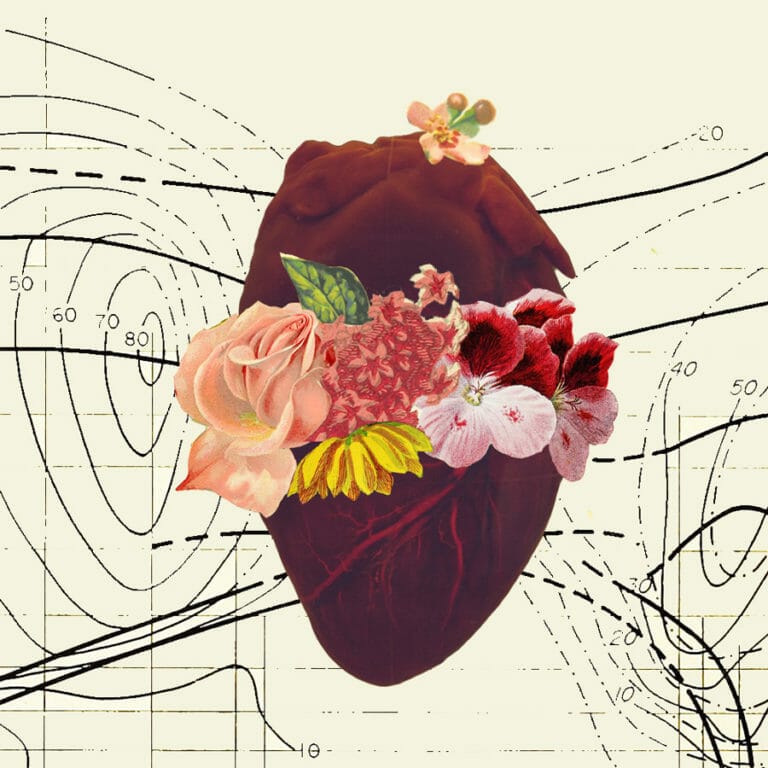
Being discerning differs from being judgemental, which is having an opinion about a person’s overall worthiness. Judging is linked to the need to compare (more-than or lesser-than) which is linked to insecurity, scarcity, and closed-heartedness. This is entirely different from discernment, which requires listening with curiosity in a centered, open-hearted, Presence; listening with the ear of the heart, and observing with the eye of the heart.
We seek discernment to grow in understanding, knowledge of spiritual truth, and wisdom. Not all people have your best interests at heart, even if they are labeled religious, spiritual, psychics, healers, world leaders, or others. It’s vital not to confuse metaphysical skill with true spirituality.
“Discernment: Corruption’s worst enemy”
—George Richard Marek
Discernment impacts day-to-day choices and actions. It is key on the spiritual journey which is about walking your path with integrity and authenticity. Integrity means being whole and complete. It is the integration of our beliefs, values, and actions, and it is about being honest and true. When we are centered, we are aligned. Healing, too, is about wholeness. We need to be able to discern between what is life-giving or life-destroying.
The outcomes of discernment will not be fear-based, suspicion, confusion, or accusation, but rather love-based and life-giving, bringing freedom, transformation, and healing.
“The hope of a secure and liveable world lies with disciplined nonconformists, who are dedicated to justice, peace, and brotherhood. The trailblazers in human, academic, scientific, and religious freedom have always been nonconformists. In any cause that concerns the progress of mankind, put your faith in the nonconformist!”
― Martin Luther King Jr.
